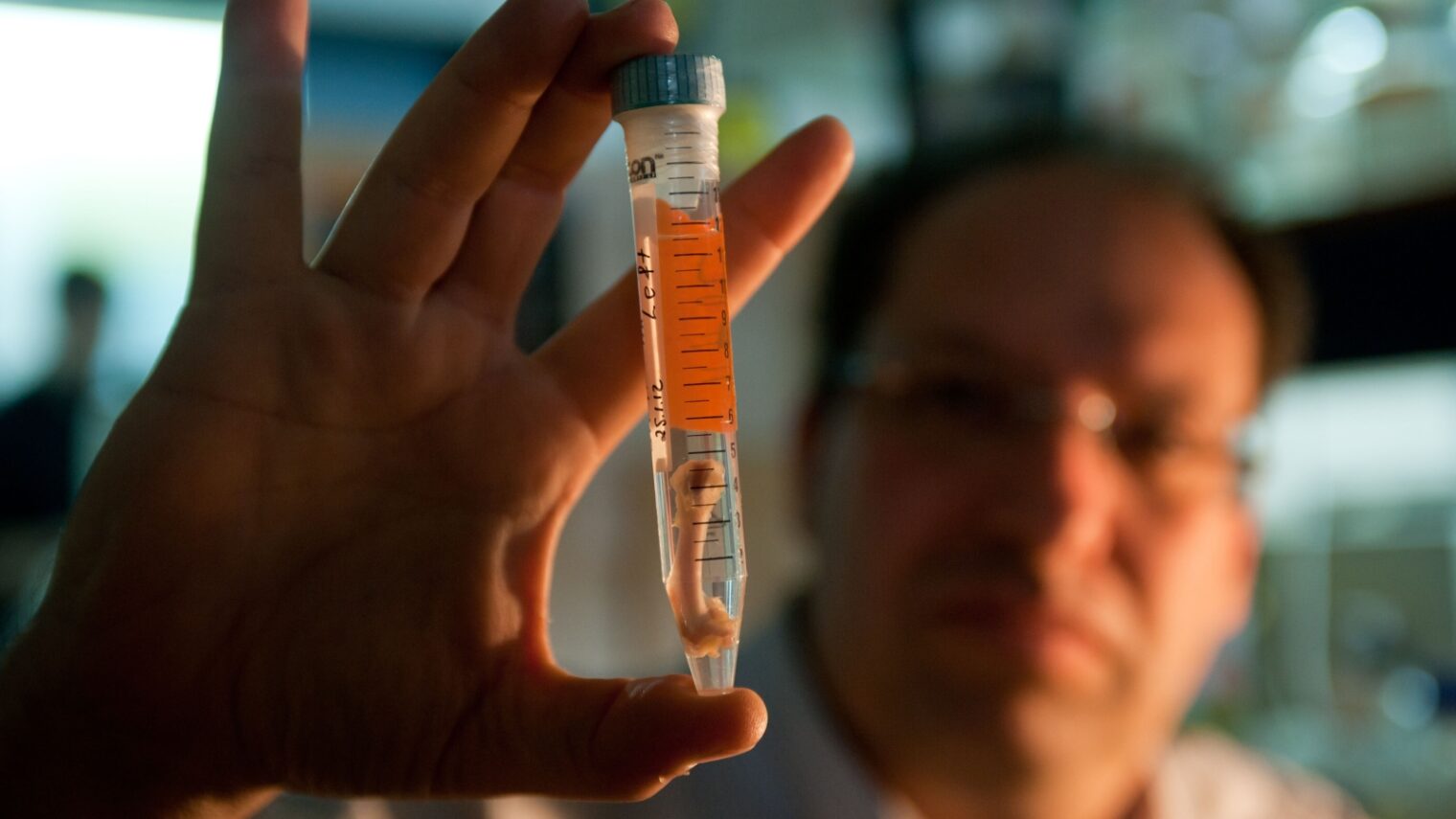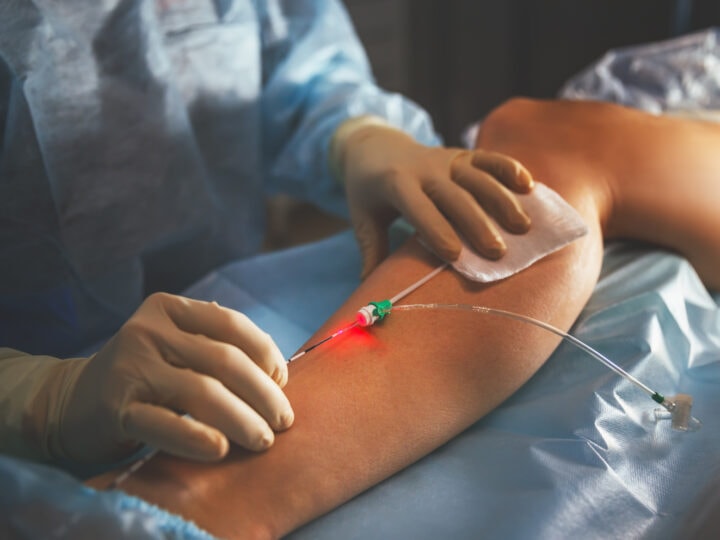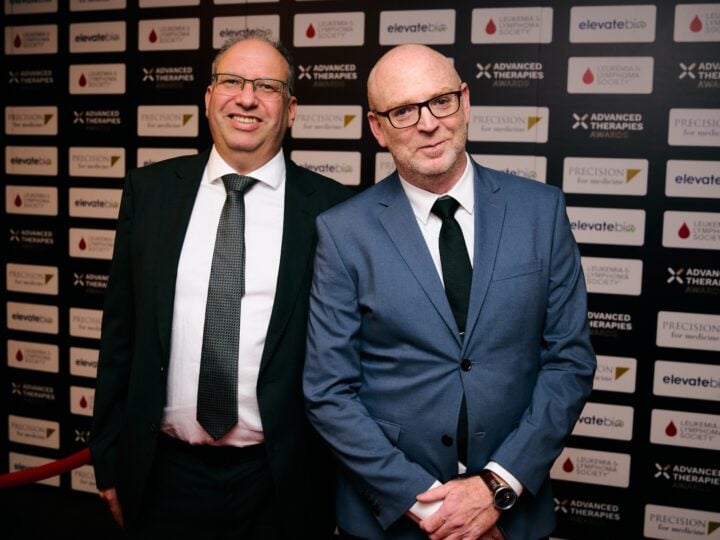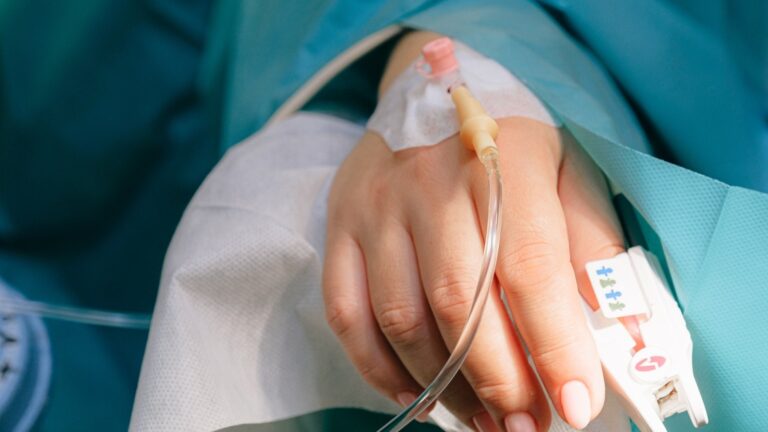A rare bone implant was performed on an Israeli man at Emek Medical Center in Afula. The patient has been missing 5 centimeters (about 2 inches) of his tibia (shinbone) as the result of injuries sustained in a car accident eight months ago.
Normally, the human body is not capable of naturally restoring bone segments. The experimental procedure led by Dr. Nimrod Rozen, head of orthopedics at Emek, was part of an ongoing clinical trial of a revolutionary tissue-engineering technology developed by Bonus BioGroup of Haifa.
Fat cells previously extracted from the patient were grown on a biological scaffold in Bonus BioGroup’s lab for two weeks. Semi-solid live bone tissue grown from these fat cells was then injected back into the patient’s body in the expectation that the missing bone fragment will be regenerated in about six weeks.
“This surgery is truly science fiction; it changes the entire game in orthopedics,” Rozen told Yedioth Ahronoth.
Last August, as part of the same clinical trial expected to include up to 40 men and women, a similar procedure was performed on a 40-year-old patient suffering significant bone loss in his arm as the result of a car accident. This surgery also was led by Rozen, one of three doctors on Bonus BioGroup’s scientific advisory board.
“The technology we developed allows us to grow a bone that is based on a patient’s biological tissue, so there is no danger that the patient’s body will reject the implant,” said Rozen, who cofounded the Institute for Bone Repair at Rambam Health Care Campus in Haifa and heads the department of orthopedics and trauma at Zvulun Medical Center, Haifa.
News of the event pushed Bonus BioGroup’s market cap up to ₪400 million, according to Globes. The public company was founded in 2008 and is still pre-market, as clinical trials are underway to demonstrate whether the implanted bone cells grow properly and are integrated well into the existing bone.
In a separate clinical trial started in 2014, Bonus reported 100 percent success in implanting bone grafts in the jawbones of 11 patients using cells grown from their own adipose tissue.
Rozen says the injectable bone-graft technique heralds a major improvement over traditional bone grafts, a complicated surgical procedure that is not always successful and requires a long recovery process.
“The special features of the implants enable preservation of cell properties during implantation and the creation of a high-quality bone functioning in the transplanted area,” he said.
In the future, the Bonus BioGroup regeneration technology could be used for a variety of bone-loss conditions for which there is currently no solution.
“For example, in bone cancer located in the bones of the hands or feet, if we remove the tumor together with the bone on which the tumor is located, it usually means that we will lose a leg or hand, because although the bone has traits that allow it to grow, it will not be able to grow the distance between the bone ends we removed by surgery,” said Rozen. The Bonus BioGroup technology could replace the lost bone, he said.

















